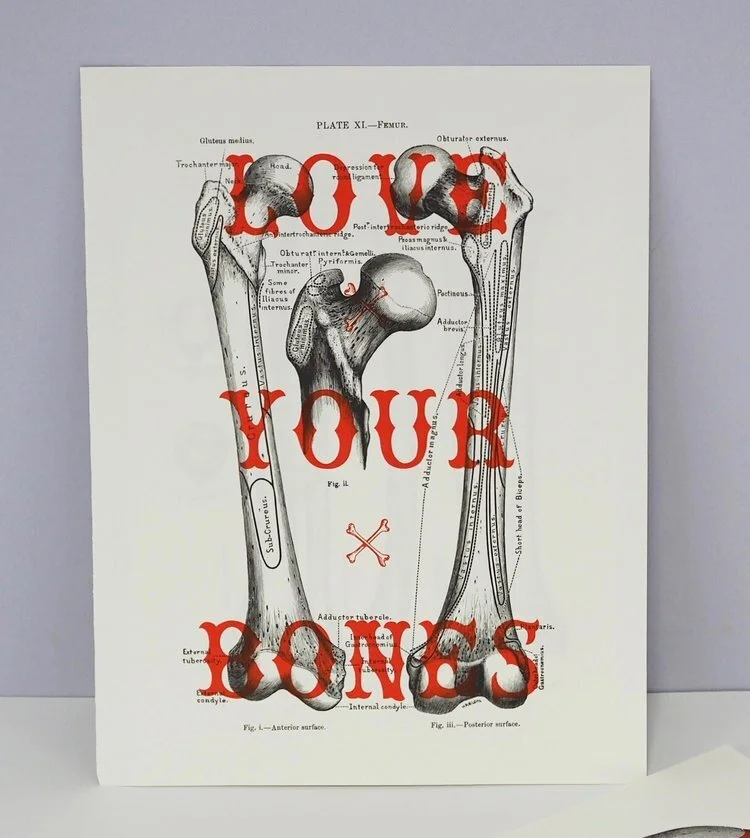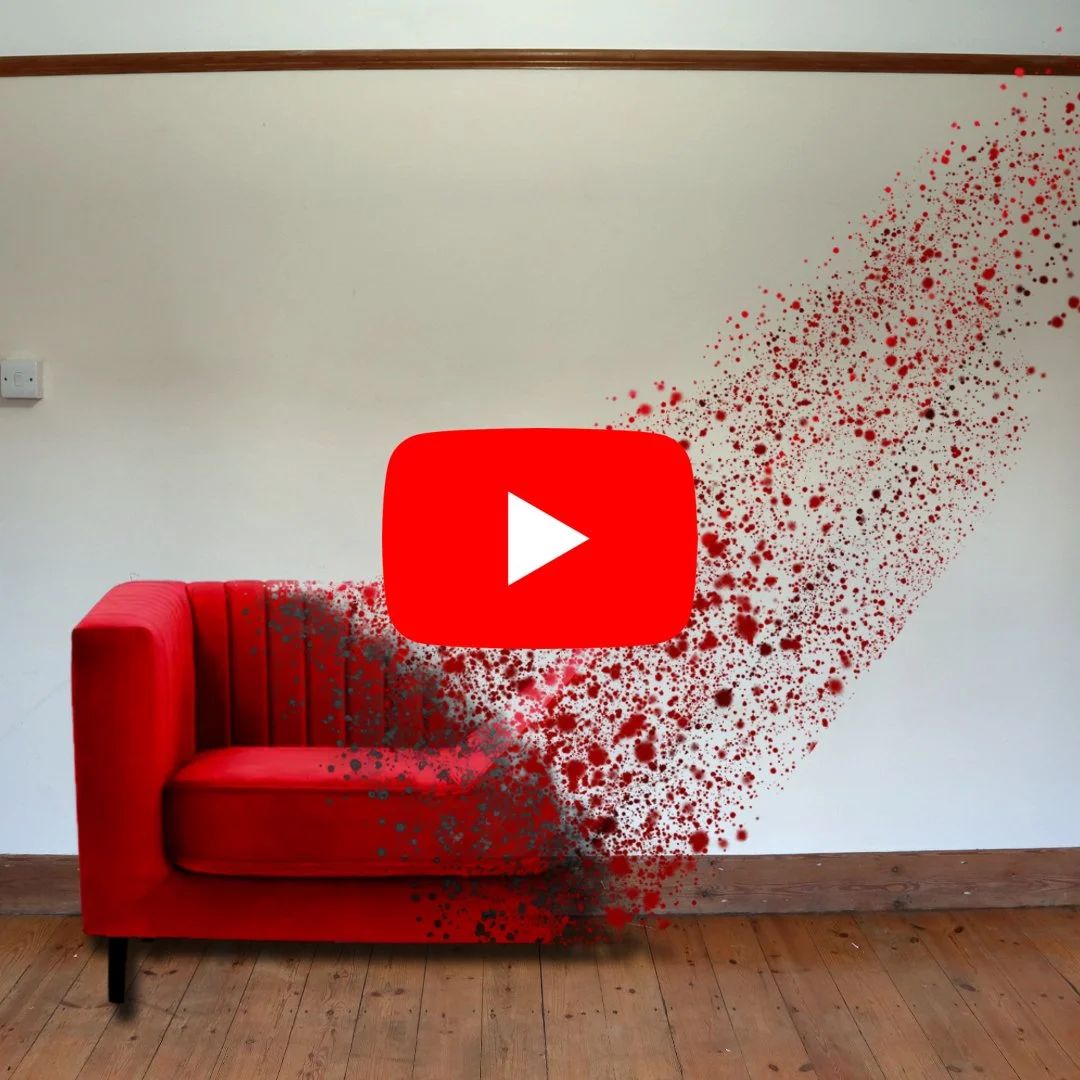Steroid Injections to Treat Arthritis Pain May Worsen Joint Damage
Steroid injections into joints are widely used to treat problems such as joint pain, osteoarthritis, sciatica and inflammatory bowel disease and a new study has found that the steroid injections could speed up a joint's disintegration and force patients to have total knee or hip replacements. The widespread use of steroid injections - including in professional sport - means the potential of the study are enormous and it raises questions about how well their safety has been assessed in past research.
Researchers from Boston University School of Medicine warn that steroid injections are "perhaps not as safe as we thought" and say that people should be warned about the possibility that a steroid injection might make their joint symptoms worse as some people who have joint injections go on to have joint damage at a faster rate than expected, which might be linked to the injection. They found 8% of patients had problems after an injection, including worsening pain and breakdown of cartilage in the joint.
Study leader Dr Ali Guermazi said: "We've been telling patients that even if these injections don't relieve your pain, they're not going to hurt you. But now we suspect that this is not necessarily the case…We are now seeing these injections can be very harmful to the joints with serious complications."
He said patients contemplating such injections should be given more information about potential risks and these can include stress fractures, progressive osteoarthritis or even the collapse of joints.
"What we wanted to do with our paper is to tell physicians and patients to be careful, because these injections are likely not as safe as we thought…Physicians do not commonly tell patients about the possibility of joint collapse or subchondral insufficiency fractures that may lead to earlier total hip or knee replacement. This information should be part of the consent when you inject patients with intra-articular corticosteroids."
Researchers said patients with little sign of osteoarthritis on their X-rays should be particularly closely monitored, if the pain they were experiencing was disproportionate to evidence on the scan. Such patients are at greater risk of destructive arthritis after injections, they said.
However caution is required as this was an observational and not a clinical trial, this study alone has too many limitations to form any reliable conclusions. Large-scale, long-term studies are needed to give us an accurate picture of the possible risk of joint damage after injections, and if so, how common this problem is.
It’s worth considering the important roles that inflammation and pain play in our body and how they can be warning signs to protect us from further damage. Interrupting natural healing processes may end up causing unintended consequences, so educate yourself and take responsibility for your health when considering the implications of steroid injections. Although far from conclusive, this study does raise some interesting questions.
- F
REFERENCE:
Kompel AJ, Roemer FW, Murakami AM, et al. Intra-articular Corticosteroid Injections in the Hip and Knee: Perhaps Not as Safe as We Thought?, https://doi.org/10.1148/radiol.2019192034










What are the most common misconceptions about furniture free? Well these are my top three!